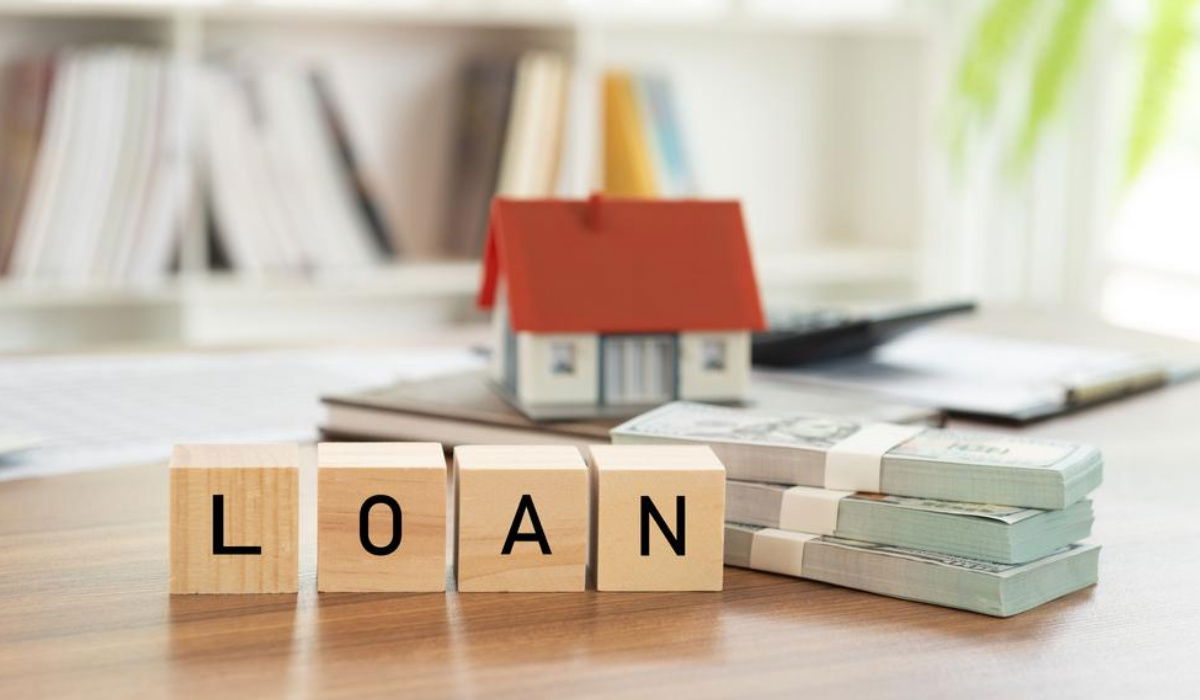As we all know, what a home loan is. It is basically a sum of money that applicants borrow from a bank to construct their house, buy a property, plot, or furnish their place. There are various advantages of availing of a home loan. Those are: Lower interest rates- compared to the other kinds of loans which makes it more preferable The part where you start living your dreams. This is the first step forward. Flexibility in repayment. Most banks offer the flexibility in repaying the interests whenever they are supposed to. Leser tax to be paid. Since they happen to interests monthly, they get a deduction in their taxes.

There are certain factors that we need to consider before availing of a loan.
- The interest period
- The flexibility in repayment
- Customer-friendly service
- Experts, knowledgeable people who know what they are doing when you ask them queries.
Based on this, you can conclude by choosing which bank to take your loan to.
The eligibility criteria for applying for a home loan is:
- The applicants for the above-mentioned home loan should be in the age range of 18-70 years. There are some banks that have different minimum ages for salaried and self-employed people.
- The net monthly income earned should be more than 25,000 /-
- If the net monthly income ranges from 25,000-40,000/-, then the applicant can be eligible for the loan if the EMI of this loan does not exceed 50% of the income.
- For people who are having a net monthly income that is greater than 40,000/-, then they would be eligible for loans if the pre-existent and current EMI does not exceed 65% of their income.
- For people who are earning a regular salary, timely salary credit is essential for loan eligibility.
- The maximum loan tenure for a home loan can be up to 35 years, that is, until the individual turns 70 years at the maturation period. Some institutions offer lower tenure periods as well.
- Adding the name of another working family member as the co-applicant can increase the chances of getting the loan. One such bank that offers some of these features is Axis Bank under the Axis Bank Home loan.
- Other extended family members or friends cannot be taken into consideration as co-applicants.
How do we get to know or determine if a home loan is good for us?
You can decide which loans work the best for you and meet your needs and expectations, but you also need to check for these factors. They are:
- We need to check if it is covering your need to take a loan for your home.
- We need to check if you would be able to pay that interest monthly along with your other expenses.
- We need to have the required surety to provide to the bank to avail of this loan.
- We should have a stable job.
These are some of the factors that need to be considered when it comes to home loan and be kept in mind while applying for any other kind of loan.
How do we know if the home loan that we are applying for is safe for us?There are two basic things that you should cross-check before deciding on availing of a loan for your safety.1) You have to decide first if you want a home or a home loan? What if you need money immediately and it takes time to process the loan? What if the owner of the land wants the money as soon as possible? You need to think about it 2) Are you in a stable job that would be able to handle paying for interest and your other expenses?
Conclusion:
Home loans are one of the safest and the most secure forms of loans available. It is built on the trust the customer has in the bank and vice-versa. It can do you good if you cross-check the factors and analyse exactly why you need a home loan and how you are going to pay it. If you are clueless and just take a home loan and are suddenly not able to pay it, it works against you.
Also read this: Getting An Online Home Loan






